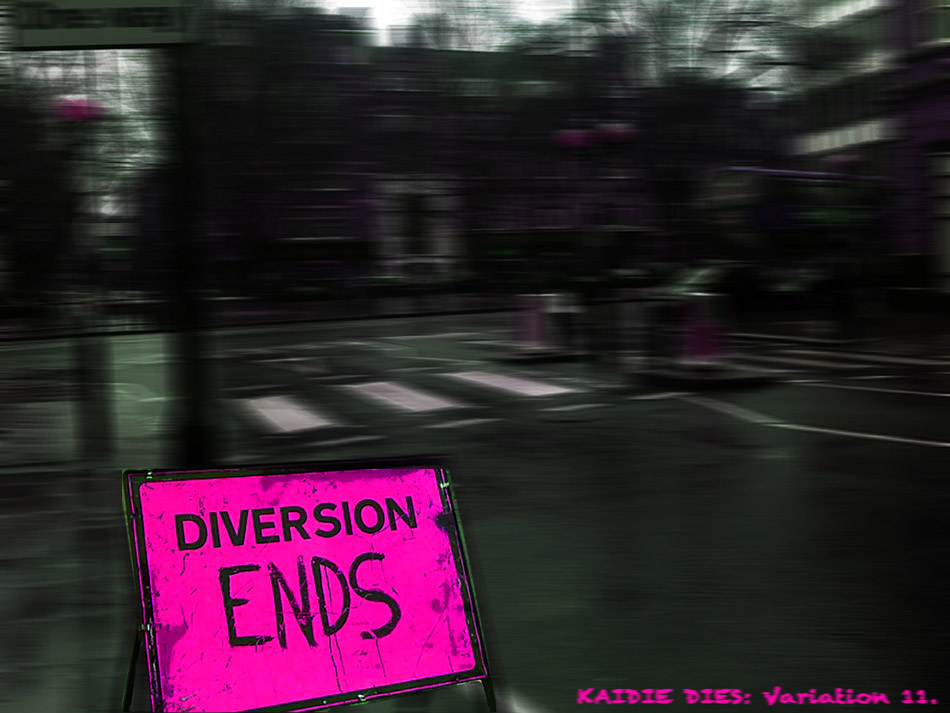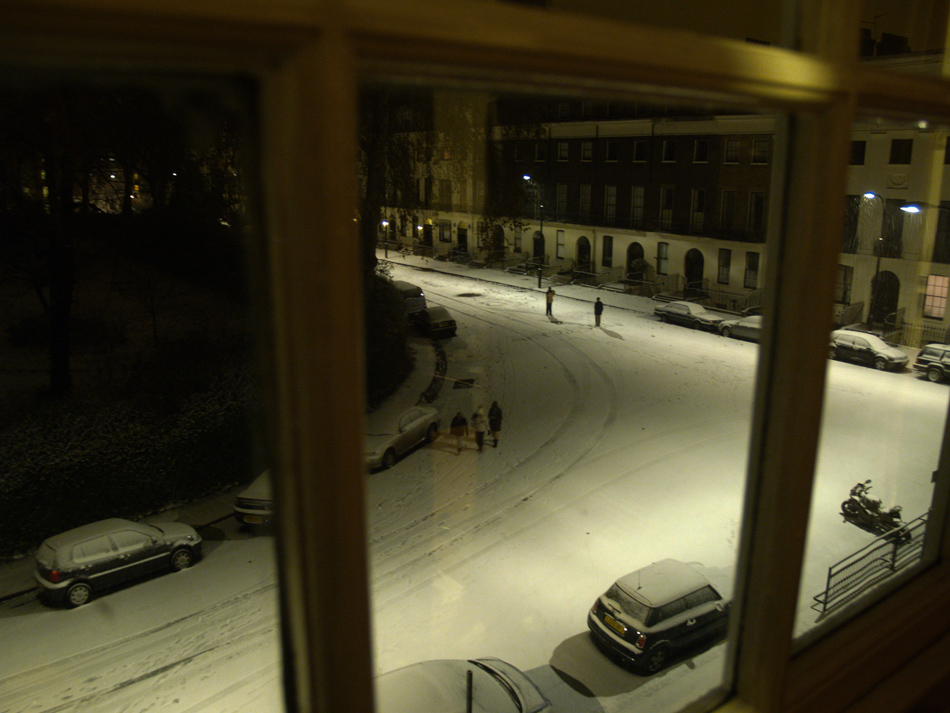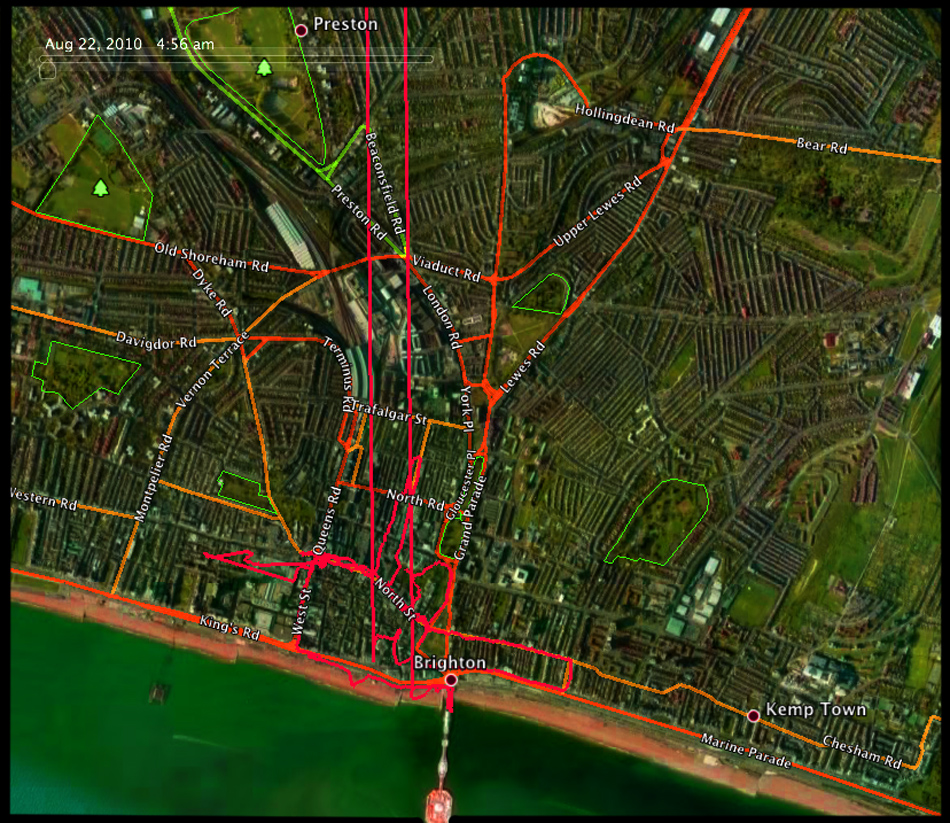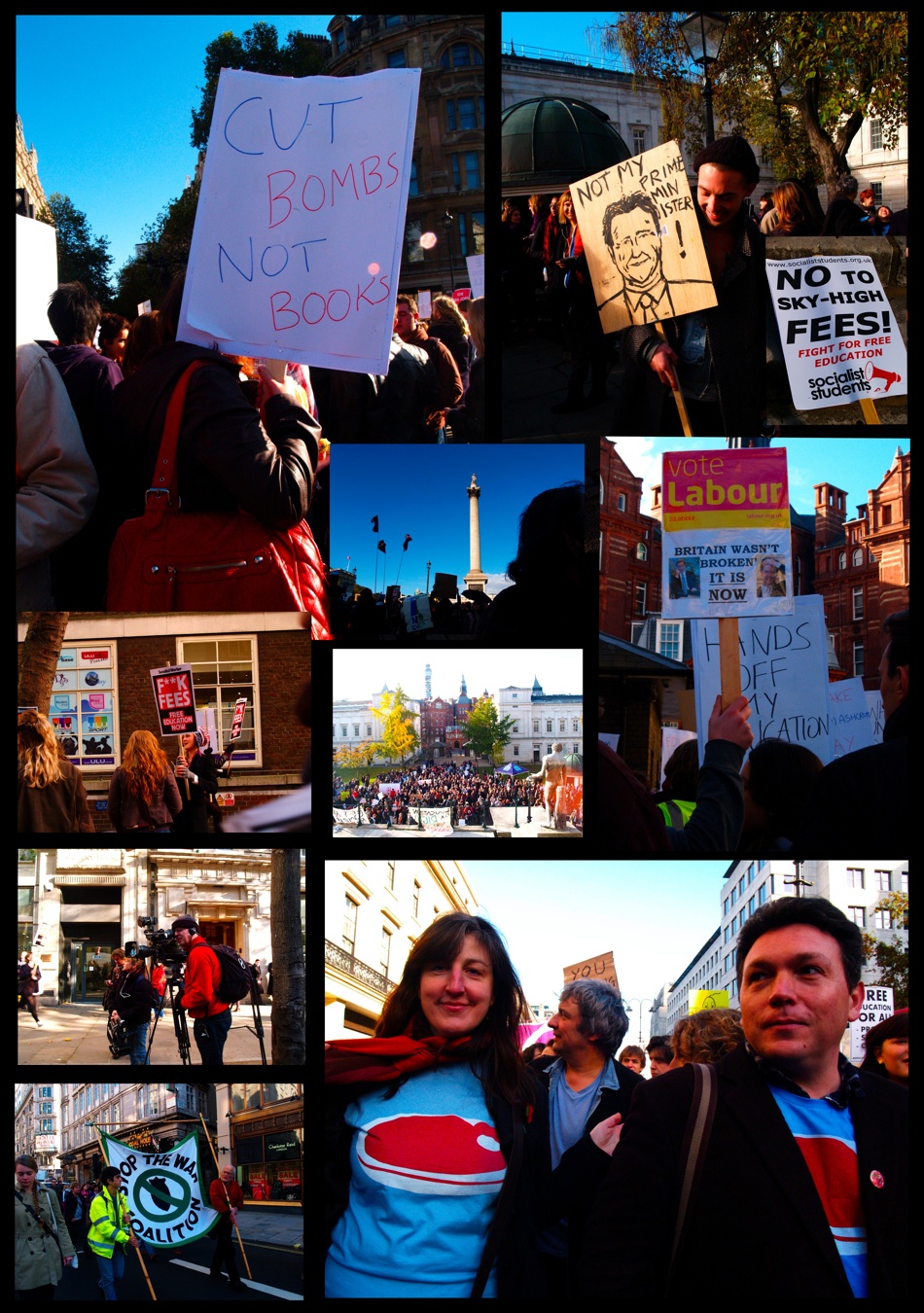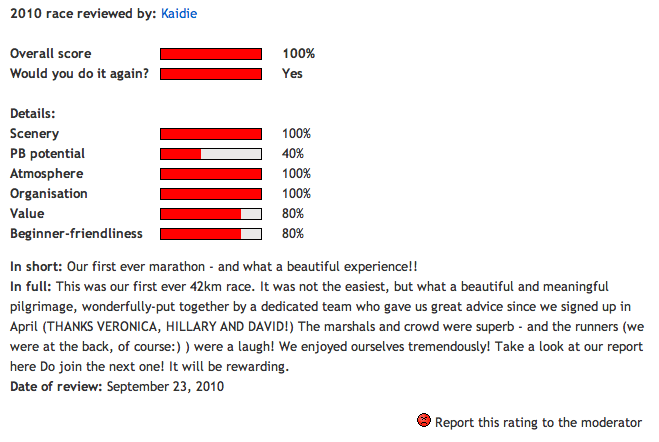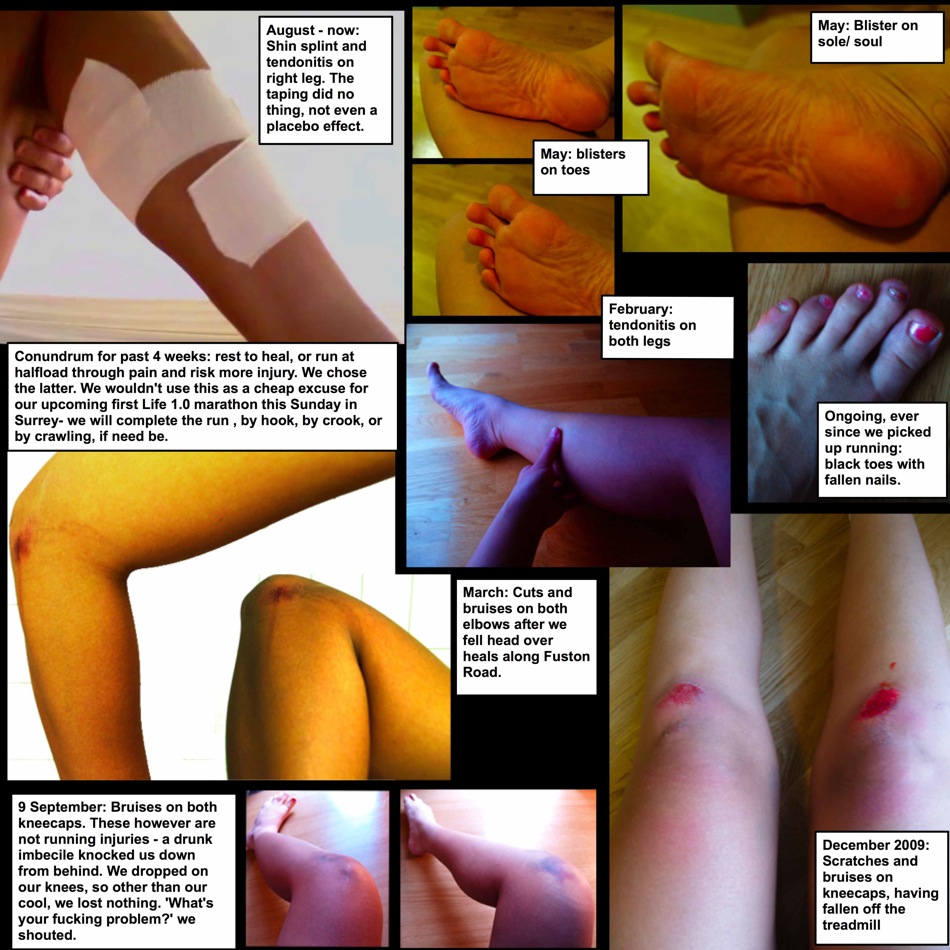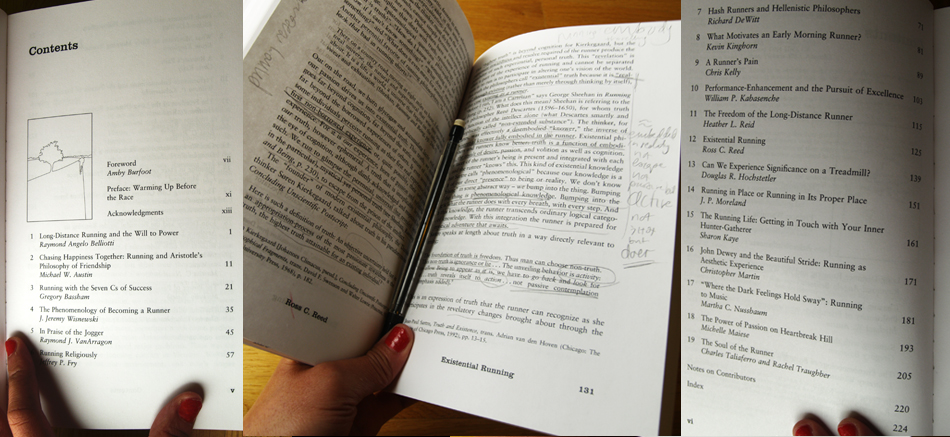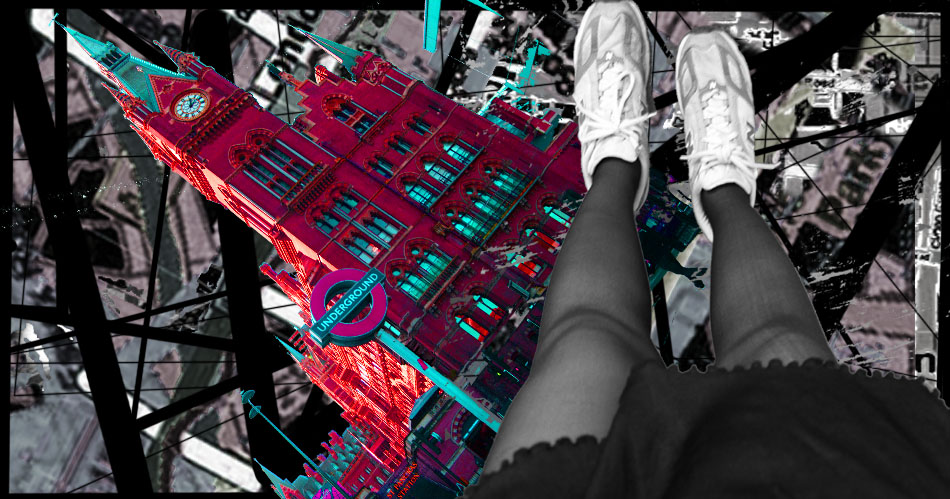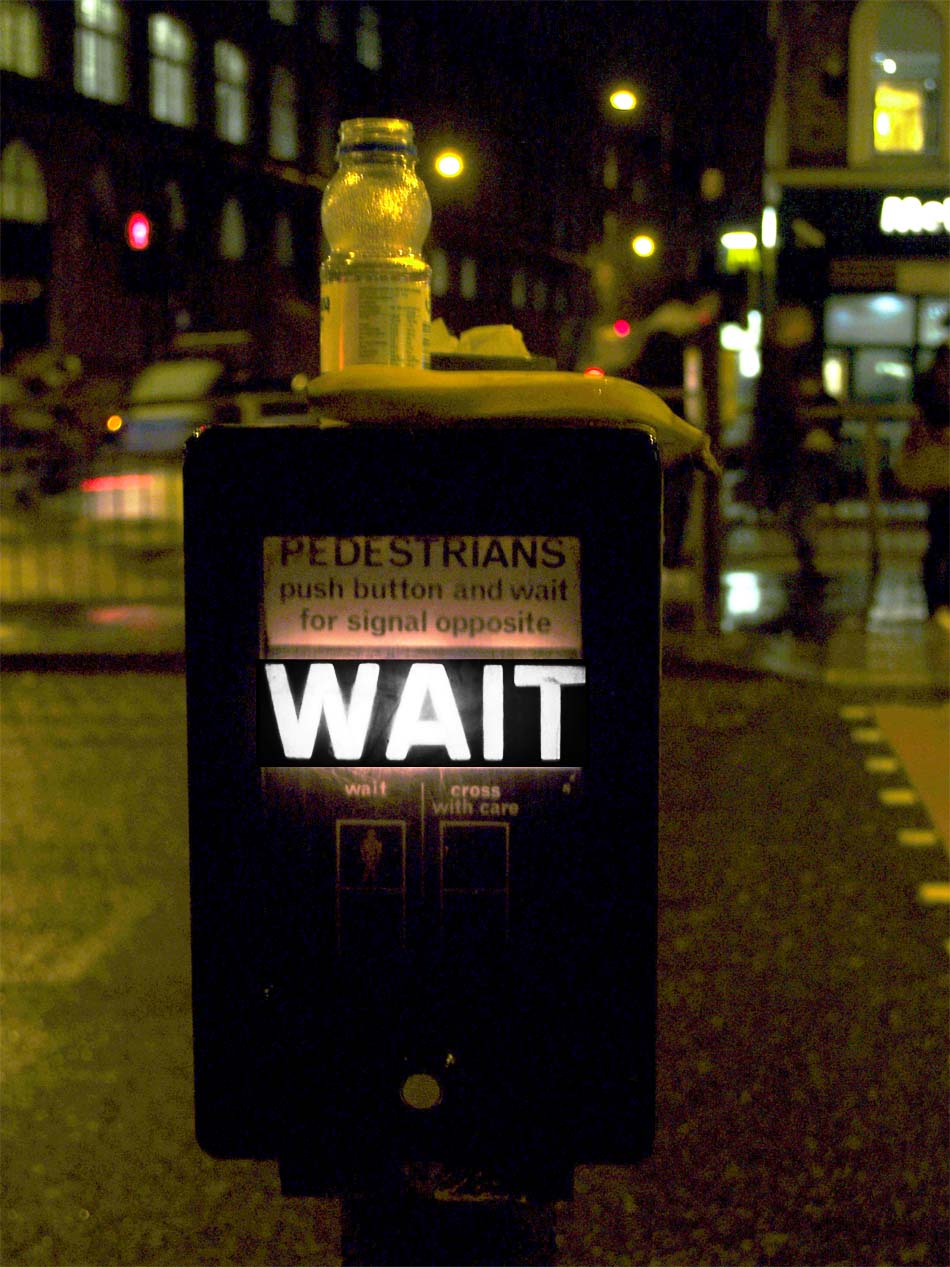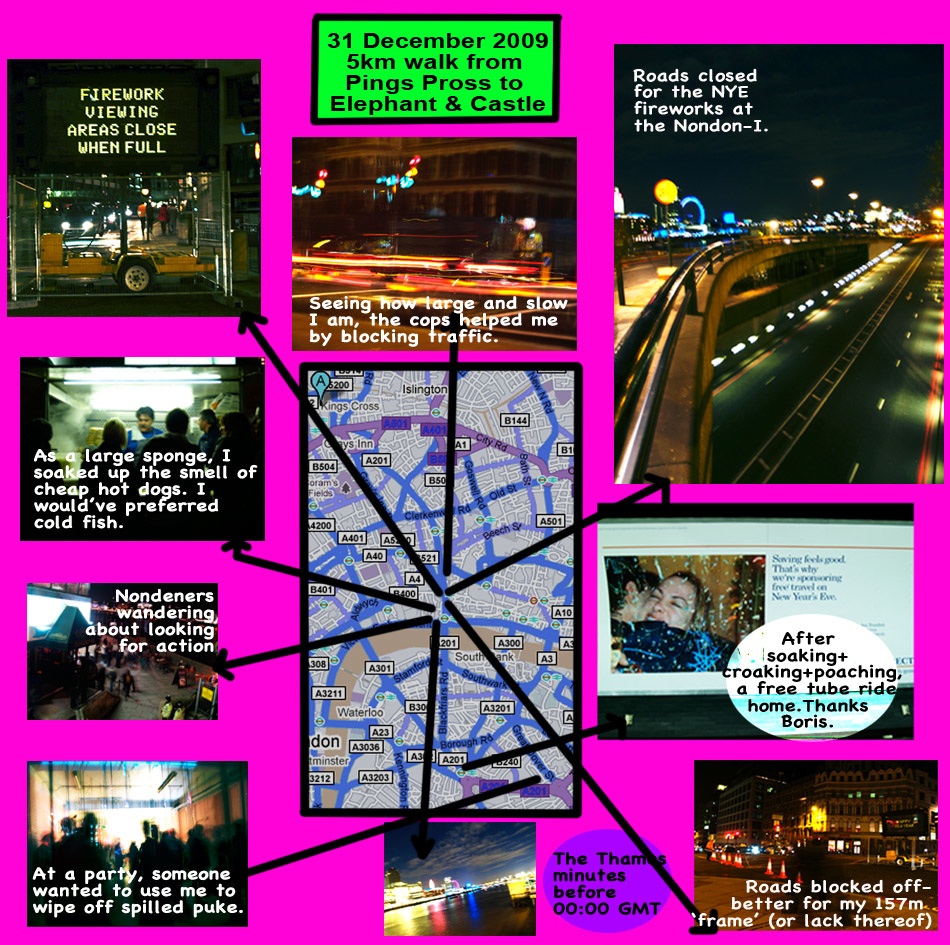REVERIES OF A SOLITARY RUNNER II: flights with Qu Yuan and his beautiful suicide lament (3BCE)
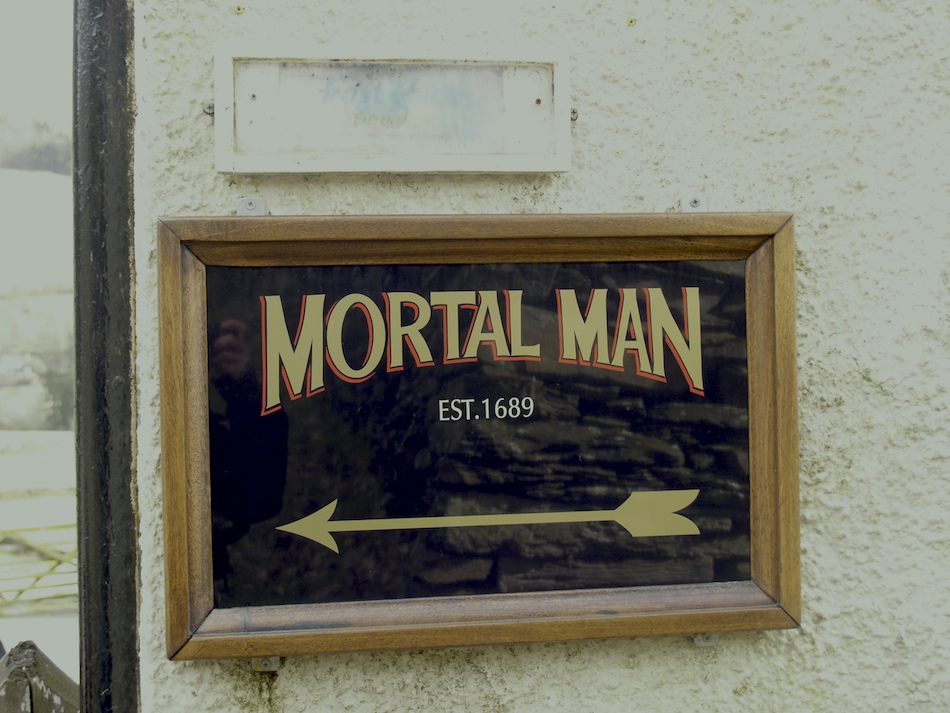
We seek not immortality - not even longevity (what for?), but a life lived to its fullest, every lifetime, each time we live it.
Qu Yuan’s description of his passage to death and beyond (3BCE) is simply one of the most beautiful passages we have ever encountered – the juxtapositions of internal turmoil with external journey, the spiritual and the tangible, the political and the personal, the metaphysical with the physical, the melancholic and the ecstatic, the extreme feeling of isolation and liberation, the unliving with being most alive – are so skillfully presented that the reader can not but feel happy (for the narrator) and heartbroken (for us, for there will be no more beautiful verses from him) at the same time. (Any experience that evokes 2 opposing emotions simultaneously – that the sublime embodies perfectly, with the interplay of the fearful and the awe-inspiring – is the most powerful experience for us). While we certainly cannot say that we fully agree with or understand it (with the multiple references to the religious/spiritual), Qu Yuan’s song hits us. According to Livia Kohn in her delightful The Taoist Experience: An Anthology, Later Printing (State University of New York Press, 1993), Qu Yuan’s The Far-Off Journey (Yuanyou) is ‘most classical of all ecstatic journeys in Chinese religion and literature’. In this song, the poet and official describes ‘a visionary journey that takes him from the sorrows bad afflictions of his unhappy life on earth through various physical practices and concentration efforts to the realm of the gods and immortals.’ Qu Yuan is of course renowned for eventually having thrown himself in sorrow into the Miluo River as a protest to the corruption of his government, the reason for many Chinese to mark the annual Dragon Boat Festival by throwing rice dumplings into the river from dragon boats in the futile wish that the fish would eat the dumplings instead of the tormented poet. Sensible 21st century beings that we are, we respect and enjoy the lovely story/legend/myth that makes Qu Yuan heroic and poetic, as much as we take it with a pinch of salt (as we wolf down the rice dumplings). At the same time, trans-dimensional runners that we are, we have 1 foot on the ground, and the other in cuckoo land, in blue skies; grounded and earth-bound as we are, we travel the world(s) (in spirit – whatever that might be? With more bags of salt? How heavy is that!?!) with the doomed anti-hero-fantasist-travellers, ala Don Quixote (Cervantes’ and Kathy Acker’s), Fitzcarraldo and Orlando. While Qu Yuan flies (and at some point of the song, GALLOP!!), we run, trans-dimensionally; while he seeks union / re-union with an ineffable force (the Tao), we dispel the notion of the existence of any convenient, centralised thing/being/institution; while he is disembodied, leaving his physical body behind, we run, embodied, burdened, with us, our physical, corporeal beings – which is the point, which is also the problem, the problem of our 1000-day troublesome endeavour, but the problem is very much the point. And, unlike Qu Yuan, we seek neither longevity nor immortality (as if one lifetime is not more than enough!?!). Yet, like Qu Yuan, and like Rousseau, we know, and we do, want to move on. Here, we reproduce Qu Yuan’s Far-off Journey (Yuanyou) from Kohn’s anthology (p. 251 – 257). Qu Yuan’s astral journey reminds us of that of the ancient Egyptian as we learnt at the British Museum at the wonderful Book of the Dead show, as well as the hauntingly beautiful paintings of Marc Chagall (so much so that we are compelled to pick up the brush and paint and canvas to paint [again]- although the production of paintings, of things, is is direct contradiction to our desire/purpose of wanting to not attach, to be free from burden, in our earthly travels and beyond…). The process of transcribing the translated text help us move closer to Qu Yuan’s mind, as he traverses the worlds, as every word comes off the page to the screen, from the poet to paper, from text in one language to another via the translator, from the translator to us, from us to you.
Saddened by the hardships of the common world,
How I wish to rise up and travel ways far-off!
My own strength is feeble; there is no support –
What could I stride on to float up and away?Encountering nothing but foulness and defilement,
I am alone and miserable – who could I talk to?
At night I lie restless, never sleeping,
My soul roving about till the approach of dawn.Thinking of the infinity of heaven and of earth,
I cry with the eternal toil of human life.
People of the past I cannot reach;
People of the future I will never know.Pacing with restlessness, I yearn to get away,
Confused and close to madness, I long for the eternal.
My mind goes wild, strays off without control;
My heart melancholy, I am ever sadder.Then suddenly my spirit, off, never to come back.
My body, like a withered tree, left behind alone.I look within, try to get back my grip,
To find the place where life’s energy arises:
All vastly empty and tranquil, there is serenity.
Quietly in non-action, spontaneous truth is found.I hear how Master Redpine cleansed the world’s defilements
And wish to follow the model he has left.Honoring the blessed virtue of the perfected,
I admire all who in the past have become immortal.
Taking off in a transformation, they were never seen,
While still their name and nature continue on and on.Oh, how Fu Yue went to live among the stars!
How Han Zhong Succeeded to realize the One!
Oh, for the body to slowly fade off in the distance –
To leave the human crowd behind, to vanish so completely!Oh, to follow the flow of energy, rising ever upward –
Swift as the spirit, wondrous as a ghost!
To see thaw rolled get hazy, look back from far-off –
All dazzling essence, flashing back and forth!Oh, to go away from all the dust to greater purity –
Never to turn back to old home!
To escape all the afflictions and never fear again –
None in the world knows how this truly is!And here I am, afraid of the passing of the seasons,
With every rising of the sun on its westward move.
A subtle frost descends, sinking ever downward,
I fear my fragrant freshness will fade all too soon.Oh, to leave it all for free and easy journey
Through years eternal that will never end!
Here, who would enjoy with me my remaining fragrance,
Walk, through the country air and share my depth with me?Gaoyang, my hero, is removed ever farther,
Where will this life, so lonely, lead me to?Then again, as spring and autumn hurry,
How can I always stay in my old home?
The Yellow Emperor cannot become my model,
But I can follow Jumping Wang to please myself.So I eat the six energies and drink the nightly dew,
Rinse my mouth with yang itself and swallow morning light.
Guarding the purity of the spirit light within,
I absorb essence and energy, drive out all that’s coarse.Wandering in the wake of the gentle wind,
I reach the Southern Nest without a single stop.
I meet with Master Wang and pause to speak to him,
Inquire about the harmony and virtue of the One.‘The Tao can only be received,’ he says,
‘It never can be given.
‘So small that has no within,
‘So big it has no bounds.‘No twists at all inside your soul,
‘And it will come spontaneously.
‘Focus on energy and open up to spirit –
‘Let them grow in you at the midnight hour.‘Wait for the Tao in emptiness,
‘Clear even of non-action.
‘All living species rise from this,
‘It is the Gate of Virtue.’Thinking of my dear old friends in my imagination.
I heave a heavy sigh and brush the tears away.
Slowly again I float, rising ever farther:
Suppressing now my will, keeping myself controlled.I point to the God of Fire and gallop straight to him,
Wishing to journey to the world’s southern end.
I gaze on wilderness beyond all known directions,
Float on and on over watery expanse.The Blessed Melter of the South stops me on the way,
So I go back by phoenix and visit the River Consorts.
They play the ‘Pool of Heaven’ and sing me ‘To the Clouds’;
Both ladies then perform the Nine Songs of Shao.Asking the Xiang goddesses to play their zithers for me,
I bid the Sea God dance with the River God.
They pull up water monsters ti step forward with them,
Their bodies coiling and writhing in ever swaying motion!Gracefully the Lady Rainbow circles all around them;
The Phoenixes soar up, stay hovering above –
The music swells ever higher, into infinity.At this point I leave to wander yet again;
With my entourage, I gallop far away.At the world’s far end at the Gate of Coldness,
I race the rushing wind to Clarity Springs.
I follow Zhuanxu of the North over piled-up ice,
Turn from my path to pass through Mystery Darkness.Striding on cosmic mainstays, I look back behind me,
Summon Qian Lei the Creator to appear,
To go in front of me on the level way.Thus I tour all four outlands,
Traverse all the six regions,
Up to the crakes of Heaven,
Down to the Great Abyss.Below just lofty openess, there is no more earth;
Above just empty vastness, there is no more heaven.I look but my vision blurs, nothing to be seen;
I listen but my ears are numb, nothing to be heard.Going beyond non-action, I reach the Clarity,
Become a neighbour of the Great Beginning.
REVERIES OF A SOLITARY RUNNER I: Following the footsteps of Rousseau and his final work, Reveries of a Solitary Walker (1776-1778)
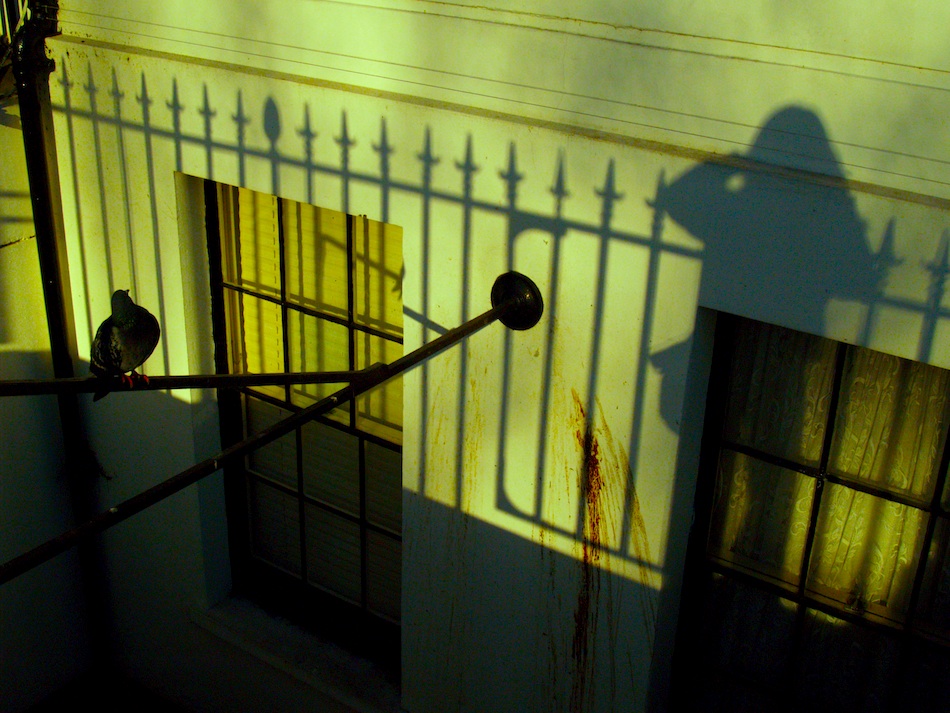
One of the images we collected in our solitary runs - a picture of peace and a fecal-matter-smeared wall and the defecator in Nondon.
The philosopher Jean-Jacques Rousseau wrote Reveries of the Solitary Walker (Les reveries du promeneur solitaire) between 1776-1778. When he died in 2 July 1778 at the age of 66, the work remained incomplete. The autobiographical series of essays is structured as 10 walks that Rousseau undertook in Paris alone. The work was written just after Rousseau ’emerged from the darkest passages of his life’ (says Peter France in the introduction to this 2004 Penguin edition, which we read at the Waterstones at Gower Street in Nondon one difficult midmorning), after many years of exile. During these final 2 years of his life, Rousseau felt misunderstood and unhappy. Rather than a work that is about walking, or has walking as a subject matter, Rousseau uses the act of walking as a medium, as a form, to express his final thoughts, before his death. Although Rousseau was not a runner, we identify with his sentiments as a solitary wanderer, and especially so in these unshiny days of ours. Bitter but at peace with himself (or rather resigned to his fate, whatever ‘fate’ might mean), Rousseau’s contemplations remind us of those of the other hermit-philosopher-poets, EM Cioran and Fernando Pessoa. We are also reminded of Viktor Sjostrom’s character in Ingmar Bergamn’s powerful Wild Strawberries (1957), who is also a bitter man looking back at his past, laden with regrets. While there is a salvaging epiphany at the end of the film/road-movie of sorts (and much quiet humour – Bergman or Scandinavian style, if we could say so? – throughout the film – some of which Woody Allen later played up), it is a nicely dark and murky. This is one of our favourite works of art of all times that continues to haunt us all these years and lifetimes, to our death(s). As Rousseau expresses in Emile (published 1762): ‘Every attachment is a sign of insufficiency […] A truly happy being is a solitary being.’ As we draft ours, Rousseau’s pre-death message in the Reveries of a Solitary Walker enables us to feel a certain delirium – as much as despair and desperation:
WALK 1
Everything is finished for me on earth. People can no longer do good or evil to me here. I have nothing more to hope for or to fear in this world; and here I am, tranquil at the bottom of the abyss, a poor unfortunate mortal, but unperturbed, like God Himself.
A recent event as sad as it was unexpected has finally extinguished this feeble ray of hope and shown me that my earthly destiny is irrevocably fixed for all time. Since then, I have resigned myself utterly and recovered my peace of mind.
…realizing eventually that all my efforts were in vain and my self-torment of no avail, I took the only course left to me, that of submitting to my fate and ceasing to fight against the inevitable. This resignation has made up for all my trials by the peace of mind it brings me, a peace of mind incompatible with the unceasing exertions of a struggle as painful as it was unavailing.
Even physical suffering would take my mind off my misfortunes rather than adding to them. Perhaps the cries of pain would save me the groans of unhappiness, and the laceration of my body would prevent that of my heart.
Actual misfortunes have little effect on me; it is easy for me to accept those which I suffer in reality, but not those which I fear. My fevered imagination builds them up, works on them, magnifies them, and inspects them from every angle. They are far more of a torment to me imminent than present; the threat is far more worse than the blow. As soon as they happen, they lose all the terrors lent to them by imagination and appear in their true size. I find them far less formidable than I had feared, and even in the midst of my suffering I feel a sort of relief. In this state, freed from all further fear and from the anxieties of hope, I shall learn from mere habit to accept ever more easily a situation which can grow no worse; and as my awareness of it is dulled by time they can find no further way of reviving it. So much good my persecutors have done me by recklessly pouring out all the shafts of their hatred. They have deprived themselves of any power over me and henceforward I can laugh at them.
Everything external is henceforth foreign to me. I no longer have any neighbours, fellow-men, or brothers in this world. I live here as in some strange planet on to which I have fallen from the one I knew. All around me I can recognize nothing but objects which afflict and wound my heart, and I cannot look at anything that is close to me or round about me without discovering some subject for indignant scorn or painful emotion. Let me therefore detach my mind from these afflicting sights; they would only cause me pain, and to no end. Alone for the rest of my life, since it is only in myself that I find consolation, hope and peace of mind, my only remaining duty is towards myself and this is all I desire.
WALK 2
These hours of solitude and meditation are the only ones in the day during which I am fully myself and for myself, without diversion, without obstacle, and during which I can truly claim to be what nature willed.
Today there is more recollection than creation in the products of my imagination, a tepid languor saps all my faculties, the vital spirit is gradually dying down within me, my soul no longer flies up without effort from its decaying prison of flesh, and were it not for the hope of a state to which I aspire because I feel that it is mine by right, I should now live only in the past. Thus if I am to contemplate myself before my decline, I must go back several years to the time when, losing all hope for this life and finding no food left on earth for my soul, I gradually learnt to feed it on its own substance and seek all its nourishment within myself.
The country was still green and pleasant, but it was deserted and many of the leaves had fallen; everything gave an impression of solitude and impending winter. This picture evoked mixed feelings of gentle sadness which were too closely akin to my age and my experience for me not to make the comparison. I saw myself at the close of an innocent and unhappy life, with a soul still full of intense feelings and a mind still adorned with a few flowers, even if they were already blighted by sadness and withered by care. Alone and neglected, I could feel the approach of the first frosts and my failing imagination no longer filled my solitude with beings formed after the desires of my heart. Sighing I said to myself: What have I done in this world? I was created to live, and I am dying without having lived.
Let men and fate do their worst, we must learn to suffer in silence, everything will find its proper place in the end and sooner or later my turn will come.
WALK 3
Secluded meditation, the study of nature, and contemplation of the universe force a solitary person to search with tender concern for the purpose in everything he sees and the cause of everything he feels.
When death is already at the door, is it worth learning how we should have lived?
The sad truth that time and reason have revealed to me in making me aware of my misfortune, has convinced me that there is no remedy and that resignation is my only course. Thus all the experience of my old age is of no use to me in my present state, nor will it help me in the future.
Since the days of my youth I had fixed on the age of forty as the end of my efforts to succeed, the final term of my various ambitions. I had the firm intention, when I reached this age, of making no further effort to climb out of whatever situation I was in and of spending the rest of my life living from day to day with no thought for the future. When the time came I carried out my plan without difficulty, and although my fortune at the time seemed to be on the point of changing permanently for the better, it was not only without regret but with real pleasure that I gave up these prospects. In shaking off all these lures and vain hopes, I abandoned myself entirely to the nonchalant tranquillity which has always been my dominant taste and most lasting inclination. I quitted the world and its vanities, I gave up all finery–no more sword, no more watch, no more white stockings, gilt trimmings and powder, but a simple wig and a good solid coat of broadcloth–and what is more than all the rest, I uprooted from my heart the greed and covetousness which gave value to all I was leaving behind. I gave up the position I was then occupying, a position for which I was quite unsuited, and set myself to copying music at so much a page, an occupation for which I had always had a distinct liking.
All the sharpest torments lose their sting if one can confidently expect a glorious recompense, and the certainty of this recompense was the principal fruit of my earlier meditations.
WALK 5
Everything is in constant flux on this earth. Nothing keeps the same unchanging shape, and our affections, being attached to things outside us, necessarily change and pass away as they do. Always out ahead of us or lagging behind, they recall a past which is gone or anticipate a future which may never come into being; there is nothing solid there for the heart to attach itself to. Thus our earthly joys are almost without exception the creatures of a moment; I doubt whether any of us knows the meaning of lasting happiness. Even in our keenest pleasures there is scarcely a single moment of which the heart could truthfully say: ‘Would that this moment could last for ever!’ And how can we give the name of happiness to a fleeting state which leaves our hearts still empty and anxious, either regretting something that is past or desiring something that is yet to come? But if there is a state where the soul can find a resting-place secure enough to establish itself and concentrate its entire being there, with no need to remember the past or reach into the future, where time is nothing to it, where the present runs on indefinitely but this duration goes unnoticed, with no sign of the passing of time, and no other feeling of deprivation or enjoyment, pleasure or pain, desire or fear than the simple feeling of existence, a feeling that fills our soul entirely, as long as this state lasts, we can call ourselves happy, not with a poor, incomplete and relative happiness such as we find in the pleasures of life, but with a sufficient, complete and perfect happiness which leaves no emptiness to be filled in the soul….What is the source of our happiness in such a state? Nothing external to us, nothing apart from ourselves and our own existence; as long as this state lasts we are self-sufficient like God. The feeling of existence unmixed with any other emotion is in itself a precious feeling of peace and contentment which would be enough to make this mode of being loved and cherished by anyone who could guard against all the earthly and sensual influences that are constantly distracting us from it in this life and troubling the joy it could give us. But most men being continually stirred by passion know little of this condition, and having only enjoyed it fleetingly and incompletely they retain no more than a dim and confused notion of it and are unaware of its true charm. Nor would it be desirable in our present state of affairs that the avid desire for these sweet ecstasies should give people a distaste for the active life which their constantly recurring needs impose upon them. But an unfortunate man who has been excluded from human society, and can do nothing more in this world to serve or benefit himself or others, may be allowed to seek in this state a compensation for human joys, a compensation which neither fortune nor mankind can take away from him.
WALK 6
I have never been truly suited for civil society, where everything is annoyance, obligation, and duty, … my naturally independent temperament always made me incapable of the subjection necessary to anyone who wants to live among men.
There are types of adversity which elevate and strengthen the soul, but there are others which depress and crush it; such is the one of which I am a victim. If there had been the slightest leaven of evil in my soul, this adversity would have fermented it to excess and driven me into a frenzy, but it only succeeded in reducing me to inactivity. Unable to do good to myself or anyone else, I abstain from acting; and this state, which is only blameless because I cannot avoid it, makes me find a sort of satisfaction in abandoning myself completely and without reproach to my natural inclination. No doubt I go too far, since I avoid opportunities for action even when I think nothing but good can come from them. But knowing that I am not allowed to see things as they are, I refrain from judging by the appearances my enemies give to things, and however alluring the motives for action may seem, it is enough that they have been left within my grasp for me to be sure they are deceptive.
I have never believed that man’s freedom consists in doing what he wants, but rather in never doing what he does not want to do, and this is the freedom I have always sought after and often achieved, the freedom by virtue of which I have most scandalized my contemporaries.
WALK 7
Seeking refuge in mother nature, I sought in her arms to escape the attacks of her children. I have become solitary, or, as they say, unsociable and misanthropic, because to me the most desolate solitude seems preferable to the society of wicked men which is nourished only in betrayals and hatred.
WALK 8
In all the ills that befall us, we are more concerned by the intention than the result. A tile that falls off a roof may injure us more seriously, but it will not wound us so deeply as a stone thrown deliberately by a malevolent hand. The blow may miss, but the intention always strikes home.
Since by the light of reason I could see nothing but absurdities in the explanations I tried to give for everything that happened to me, I realized that, as all its causes and operations were unknown and incomprehensible to me, I should ignore them completely, that I should regard all the details of my fate as the workings of mere necessity, in which I should not seek to find any intention, purpose, or moral cause, that I must submit to it without argument or resistance since these were useless, that since all that was left to me on earth was to regard myself as a purely passive being, I should not waste the strength I needed to endure my fate in trying to fight against it. This was what I told myself. My reason and my heart assented, yet I could feel that my heart was not entirely satisfied. Whence came this dissatisfaction? I searched and found the answer: it came from my self-love, which, having waxed indignant against mankind, still rebelled against reason.
WALK 9
Happiness is a lasting state which does not seem to be made for man in this world. Everything here on earth is in a continual flux which allows nothing to assume any constant form. All things change round about us, we ourselves change, and no one can be sure of loving tomorrow what he loves today. All our plans of happiness in this life are therefore empty dreams. Let us make the most of peace of mind when it comes to us, taking care to do nothing to drive it away, but not making plans to hold it fast, since such plans are sheer folly. I have seen few if any happy people, but I have seen many who were contented, and of all the sights that have come my way this is the one that has left me most contented myself.
…if my pleasures are brief and few in number, it is also true that when they come they give me an intenser enjoyment than if I were more used to them. I ruminate on them so to speak, turning them over frequently in my memory, and few as they are, if they were pure and unmixed, they would perhaps make me happier than in my days of prosperity. In extreme poverty a little is enough to make one rich; a beggar is gladder to find one gold coin than a rich man to find a purse full of money. People would laugh if they could see how my soul is affected by the slightest pleasures…
It is only when I am alone that I am my own master, at all other times I am the plaything of all who surround me.
RUNNING = LIVING = RUNNING. BUT WHEN WE HIT THE WALL MID-JOURNEY, HOW CAN WE FIND THE STAMINA TO COMPLETE IT?
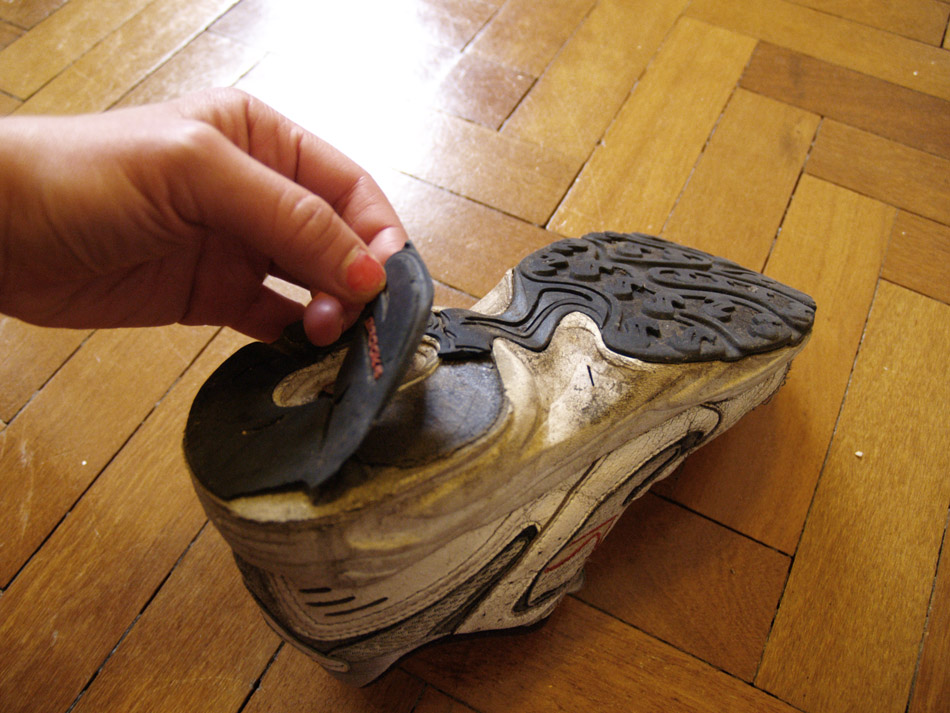
Broken. (Super-)Glued several times, but falling apart (looped, like a broken record, like living, like the cycles of life and death, like dying, like running, like running on quicksand, like running on slowsand, like not running, but running, still).
For me running is both exercise and a metaphor. Running day after day, piling up the races, bit by bit, I raise the bar, and by clearing each level I elevate myself. at least that’s why I put in effort day after day: to raise my own level. […] The point is whether or not I improved over yesterday. In long-distance running the only opponent you have to beat is yourself, the way you used to be.[1]
We journey forwards to the finishing line in a running session (or at the completion of a race, which is the epitome of a running session, with set rules and a clear beginning and closure). In life, we journey towards the finishing line of death. In the process, like writer Haruki Murakami, we desire improvement and progress in any given run, as we do in life itself. Yet, any long-distance runner also understands the dictum that when we run, we are essentially running against ourselves (and not our fellow runners). As Bernd Heinrich states of his record-breaking championship in the 1981 ultra-marathon, he was running it ‘all by myself, against myself’; ‘I’d done the best that I knew how at the time. That’s what mattered to me.’ [2] Contrary to the short distance sprint, the emphasis of the long-distance run is its process. Given the strenuous nature of running, pain and exhaustion are the Achilles heels of any runner, capable of literally and metaphorically bringing us to our knees. Especially in the case of ultra-running (of distances above 42km), it is when our body and mind are pushed so far that we are reminded of our limitation, vulnerability, and indeed, mortality. For Murakami, ‘learning something essential in life requires physical pain’ in most cases.[3] Yet, while ‘the hurt part is an unavoidable reality’, what matters is how we respond to this pain.[4] Thus, ‘[p]ain is inevitable. Suffering is optional’.[5].In bringing us close to death, pain is that which reminds us that we are alive. We run after pain because it reminds us of our mortality. An undertaking such as endurance running fulfils this basic instinct of ours. Like the endurance hunt, the race becomes a metaphor for life and death, except that instead of competing against the nimble antelope, we are fighting against ourselves, outrunning our own limitations. No stranger to pain, Murakami states that it is ‘precisely because of the pain, precisely because we want to overcome that pain, that we can get the feeling, […]of really being alive – or at least a partial sense of it.’[6] Hence, that which is at stake as we journey in the process of a run or life itself is how we respond to the ups and downs that confront us along the way. In another words, how we negotiate, manage and navigate our runs, and, indeed, our lives —which is the question that we are addressing in our thesis of Trans-dimensional Running For Our Lives! A Rough Guide to a Critical Strategy for our Technologically-Layered Multiverse .
In fact, Murakami’s What I Talk About When I Talk About Running can be read as a poetic discourse of the activity of running as a means to negotiate, manage and navigate his life and mortality itself.[7] Over a collection of essays, he discusses his peak as a runner (and writer), and contemplates about his own physical decline as a runner as he grows older.[8] In contrast to the image of a highly-successful novelist and athlete, the essays reveals Murakami as one ridden with anxieties and self-doubt about (his) existence. In tones not dissimilar to Antoine’s epiphanic laments in Jean-Paul Sartre’s existential textbook Nausea, Murakami ponders about whether he has overcome his ‘shortcomings’ as he ages (‘now here I am living in this unimaginable world’;[9] ‘wretched sort of feeling’;[10] ‘struck by how pitiful n pointless this little container called me is, what a lame, shabby being I am’;[11] ‘sad spreadsheet of my life that reveals how much my debts far outweigh my assets’[12]). In a particularly poignant (and humorous) passage, Murakami describes watching ‘young blonde girls’ swinging their ponytails ‘proudly’ as they run, and distils from it the metaphor of how ‘one generation takes over from the next’. He allows them to overtake him, for they have different sense of time, which is ‘the way it should be’.[13] For Murakami, ‘this is how the world is handed over in this world’. He continues to run his own run —and his own life— and comes to terms with (his) mortality:
[…] I doubt I’ll ever be able to run the way I used to. I’m ready to accept that. […] And time does its job much more faithfully, much more accurately, than I ever do. Ever since time began (when was that, I wonder?), it’s been moving ever forward without a moment’s rest. And one of the privileges given to those who’ve avoided dying young is the blessed right to grow old. The honour of physical decline is waiting, and you have to get used to that reality.[14]
[1] Haruki Murakami, What I Talk About When I Talk About Running (Random House Inc., 2009). p. 10.
[2] Bernd Heinrich, Why We Run: A Natural History, Reprint (Harper Perennial, 2002). p. 266.
[3] Murakami, p. 140.
[4] Murakami, p. vii.
[5] Murakami, p. vii.
[6] Murakami, p. 171.
[7] Thirty-three —which he notes was the age that Jesus Christ died and Scott Fitzgerald began to decline— was the age that Murakami picked up running (as well as his ‘belated, but real starting point as a novelist’). Murakami, p. 47.
[8] Murakami, p. 11.
[9] Murakami, p. 18.
[10] Murakami, p. 152.
[11] Murakami, p. 152.
[12] Murakami, p. 152.
[13] Murakami, p. 94.
[14] Murakami, p. 121.
In the chaosmos of RUNNING AGAINST and RUNNING AWAY: Our deliriouslydelicious 6am loops in myopicdarkness at Regents Fark. Alternatively, hitting the hamster wheel.
In the face of a snag, what can we do?
1) Our natural (insofar as there is such a thing as nature?) instinct is to fight it. Resist it. Put up a bloody good brawl and, if in the end we are nearly dead from the bloodiness, at least we have put up a good fight.
2) Yet, if fighting seems futile, and if it is wiser to not fight but fight by opting out, so be it. Rather than a sign of weakness, running away is a tactic of survival and can be a wise sign of strength, too. The Tarahumara Indians of North Mexico – superathletes capable of running ultradistances for days on nothing more than skimpy rubber sandals – first resisted the colonisers by running. The more danger encroached, the further and deeper they ran. As Bernd Heinrich observes (and reports of himself), (we) runners are guided by dreams and madness as much as we are by logic; stubbornness (the sisu that we see in the amazing flying Finns) and resilience as much as pragmatism.
In December, as Nondon experienced what has been repeatedly described as ‘unprecedented’ ‘arctic’ weather conditions, we ran into the conundrum of ‘running away from’ versus ‘running against’. We were undecided if which was better (or the lesser evil), to fall in icy conditions outdoors (as we did in January 2011 in the Swiss alps while visiting Heidi, and on 17 December on our way to the opening of our exhibition), or to admit defeat and run indoors instead and risk falling off the treadmill (December 2009)? Which is a better fall? Which lousy choice is less lousy?
As 1.57m (Yes, when fully erect. Yes, back fully straightened. Yes, neck standing upright.) ex-tropical beings in a most recent life, our war with the Nondon weather looked like a farcical David-versus-Goliath mud-wrestling (or snow-sloshing) match. Yet, in our determination to raise two or ten fingers or twenty fingers and (callused) toes at the weather, we have been undertaking 10km dashes at Regents Fark at 6am, whenever the weather was clear. Being myopic, the darkness protects us from being fully awake and alert, but also grants us an other lens of lucidity, enabling us several orgasmically endorphin-filled sessions. Then, the first heavy snow fell in Nondon in late November, we were initially in denial, and continued to run outdoors. Wrapped up as Michelin Man, we treaded carefully and slowly. Did it feel good? NO, of course not. Running in layers and layers of heavy clothing will never be a comfortable option; neither is having to run watching every single step. In some senses, we could read that this sort of running as so compromised as to not do justice to the notion/spirit of running (do we hear shades of the pro-life versus pro-euthanasia debates here: better a bad quality but prolonged life, or one shortened – perhaps while one is on top of one’s game – but lived to the full?).
Hence we decided that it was perhaps wiser that we stopped being obstinate in trying to outrun nature, but to let her do her job, or whatever it is that she desires or needs to do, and that we went for an alternative option. So, it has been the claustrophobic and soggilyventilated hamsterwheel in a gym for the wussy hamster. Outdoors, we have no problems whatsoever running 10-20km at a pop. On the treadmill, however, we sometimes struggle even with ONE kilometre. Yes. We are shocked too, and could not decide if we should laugh or cry (and use the tears to lubricate our psychological resistance to the machines)? Where has that inertia/animosity/fear come from?
Fortunately, that was then. The arctic conditions seem to have left Nondon, and we are back to our 6am (and lately, 5:30am, for our day does not feel begun unless/until we move our body) runs at our beloved Regents Fark. At the expense of paid gym membership, but feck it. Give us the great outdoors, anytime. (and save us from the disturbing phenomena of swinging ponytails in OFFENSIVELY LOUD west coast accents, trashy TV programmes, short men pumping iron, mouldy floors of showers). We take comfort in the darkness, as if the darkness protects us. On average, we meet (or rather, sense, or run into, and sometime bump into, given that we can’t really see them) about 15 runners (and about 8-15 cyclists, who go about in groups/herds, unlike us runners who go about [in life too?] necessarily [?] in solitude). We say neither ‘hello’ nor ‘good morning’; instead we are quietly work on, as if there is a tacit understanding that we are doing what we have to do. Of particular significance is an elderly (or simply beard-y? For, once again, being myopic, and especially so in the dark, we have no idea) man whose waist is tied to his labrador (or what looks likes of such a dog, for we are not able to differentiate dog-types, though we are certain that the most loathed of the canine family would be the chi*&%hua, which looks more like [somebody’s idea of] a joke. Except that it is unfunny). (We think/ assume it is a dog (?), although once again we have no way to confirm, unless we put on our glasses, but any extra thing we attach to ourselves is but a burden, and surely we do not need any burden, so we will have to take it that it is [or was] a dog.). A strong dog (and master) this labrador, or labrador-ish dog is, for it runs at a very strong and confident pace, every morning, leading his master forward. If we had a cat (THE BREATHTAKINGLY BEAUTIFUL BRITISH BLUE, FOR INSTANCE!!) we would train her to do the same for us. The weather has turned muggy, so much so that we have been sweating unseasonably more than usual, and the dry-wick shirts do not help.
Could we possibly use our excess(ive) sweat production to lubricate the hardship and human and inhumane suffering that is to come in the remaining 593 (!!!!!!!!!!!!!!!!!!!!!! ONLY!!!!!!!!!!!!!!!!! ALREADY!!!!!!!!!!!!!!) days of our life?
BRIGHTON ON THE ROCKS: In July, we asked for your advice for a short trip outside of Nondon; here is our VERY LATE postmortem!
It is already Winter as we speak and we are already nearly ALL OF 12-MONTHS OLD as we speak, but so many things have been happening in our lives that we haven’t had time to follow up and/or update you. If you recall, we asked for your kind advice over Summer for a simple day-trip out of Nondon, our favourite city on earth and beyond, and many of you very kindly wrote in to offer tips. MUCH THANKS FOR THAT, AND THAT!!! In the end, we took up the advice of Susan Collins, and visited Brighton for a day (THANK YOU SUSAN!). The day before we left, we also memorised the melody and lyrics of Brighton Rock by Queen, who is our favourite (and to our mind only valid) royalty.
Unfortunately, Brighton didn’t rock on this day we visited Brighton. Not only did it not rock, it was downhill, worse than a pathetic pebble or a piece of booger-looking plasticine also shat upon by a stray dog. It rained. And not only did it rain, it rained like it was nobody’s business. On and on. Already wearing our swimsuit underneath our clothes, since 5am when we woke up that morning (for the less-than-cheap coach bus that runs on ungodly hours) we went absolutely ballistic when rain hit hard, full on, at 9am when we arrived. Not only did we feel betrayed, we felt frocking humiliated. As you well know, we have been working bloody hard and running/living harder, and have not had the chance to have any break since our birth on 12.12. 2009, and the one single day we went on one, on a day which was technically defined as belonging to the season of Summer, so-called ‘Mother Nature’ has to screw it up. Mother my foot. We felt sad too, as this was meant to be a trip we take with you, our Dear Co-Runners. We hurled all the ‘your mother’ insults we ever knew at the sky, stone, rocks, everything else, while ogling extremely jealously at runners going up and down along the coast. The above image shows the GPS record of our infuriated, heavy and sulky tracks. In pink.
Being tough (stale, even?) cookies that we are, in the face of setbacks, we can only be even more defiant. In the past week, when snow has made Nondon cold, miserable and ‘classic grey (or gray) Nondon’, we have continued our running, albeit all wrapped up as Michelin Man, along with his (defiant) smile. In reference to the ‘mountain’ of earth imprisoning them for nearly 70 days, one of the famed (ex-) ‘Chilean miners’ Edison Pena explains, ‘I could just lie down, but my fury has been channelled into a hatred towards this mountain. … I wanted the mountain to get bored, seeing me run … I am not defeated. I am fighting. I feel that by running, I am fighting to live’ [1]
1 year into our venture, we are so spent and pent-up that we MUST GET OUT OF OUR BELOVED NONDON AND HAVE A BLOODY BREAK. Yes we swear. So we will consult your list of advice. Perhaps we will (re-)visit Brighton, in the deep of Winter, and jump into the ocean for a dip, in utter defiance. Lubed and all wrapped up, like MM.
Oh yes.
[1] These are the words of the miner in one of many love letters he wrote to his girlfriend while he was trapped. Fiona Govan, ‘Chile Miners Attend Mass at San Jose Mine’, Telegraph.co.uk, 17 October 2010. [accessed 1 November 2010].
WHERE ARE WE, AND WHERE ARE WE GOING?? Running about in Nondon today, we ran into a sea of people who are LIVID about the Coalition cuts to education.
The demonstration is happening as we speak (However, we are hearing of violent clashes, which certainly does not sound good for anybody). Students, lecturers and education workers from all over the UK are stopping traffic in Central Nondon, in response to the Coalition Government’s announcement of drastic cuts all across education, including up to a 100% cut in funding for the Arts and Humanities, as we heard. We took pictures of the furious crowd as we ran into them in the middle of our running about in Nondon. We even ran into UK artists Susan Collins, Andrew Stahl and Jon Thomson!
We ask the same questions that we first raised in May: What now, brown cow??
WE HAVE RUN AND COMPLETED OUR FIRST LIFE 1.0 MARATHON, FOLLOWING THE FOOTSTEPS OF THE PILGRIMS. Thank you all for your support and donations! BIG THANK YOU to the organisers too!
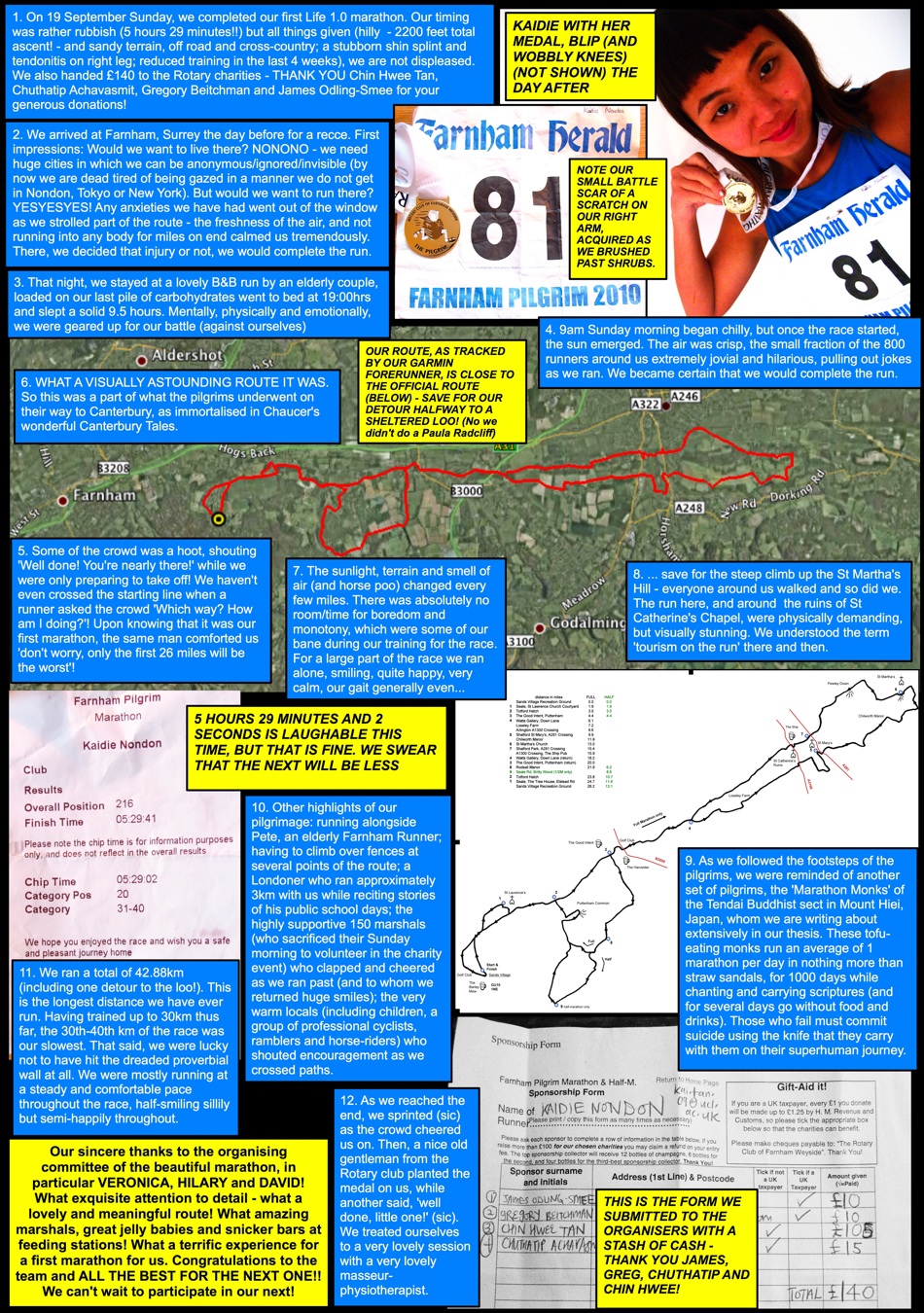 PS We must also congratulate Team Carter, led by one of the organisers, HILLARY CARTER who was running with his son Henry and wife Trisha. This was Trisha’s first marathon, and Hillary’s ONE HUNDREDTH!! Hence qualifying him to the prestigious 100 marathon club. How very inspiring indeed. Watch out Hillary, HERE WE COME! 99 more for us to go (hopefully within this lifetime?)! We also put up a review in Runner’s World and note that we are definitely not alone in our appraisal of the amazing event!
PS We must also congratulate Team Carter, led by one of the organisers, HILLARY CARTER who was running with his son Henry and wife Trisha. This was Trisha’s first marathon, and Hillary’s ONE HUNDREDTH!! Hence qualifying him to the prestigious 100 marathon club. How very inspiring indeed. Watch out Hillary, HERE WE COME! 99 more for us to go (hopefully within this lifetime?)! We also put up a review in Runner’s World and note that we are definitely not alone in our appraisal of the amazing event!
WE REALLY SHOULD GET CHANGED AND GO TO OUR EXHIBITION SITE (which opens in 2 hours!!), BUT WE CAN’T RESIST STEALING A GLANCE AT THIS BOOK.
In a couple of hours, a group show that we are participating in will open. We really should get changed and get our fatar*sses moving to Nondon Bridge. However, we simply cannot resist taking a peek at this new book that we have just ordered through the library. There are 20 other books we are reading / supposed to be reading at the same time, and which take higher priority. In addition, we have been ‘saving’ this book for our tiny little sojourn this weekend out of Nondon (We have been meaning to get out of Nondon, and although now there are 56,000 compelling reasons stop us from taking a break, we are forcing ourselves to do so, and take up one of your suggestions of a day out [THANK YOU!!], but trying to make us feel less guilty by also doing some work while we play).
Once we landed our hands on Running and Philosophy – A Marathon For The Mind (ed. Michael W Austin 2007, Blackwell Publishing Ltd), we wanted to read it all at a go. This is a collection of writings about the relationship between running and philosophy, by philosophers who run. (YES THEY EXIST. AGAIN, FOR THOSE OF YOU FLABBY ACADEMIC SNOBS WHO RUBBISH RUNNING AS UNTHINKING AND SAY WALKING IS MORE CONTEMPLATIVE, POETIC ETC ETC – wait till you read this book – and indeed OUR BOOK, later. Sooner. Some day. Just you wait, fatty). And as transient beings ourselves (with 750 days left on our life/death sentence) we know only too well about seizing the moment, enjoying the pleasures of pleasure while it lasts, etc etc. However, we also tried to delay this, with the reasoning (we are rational beings as well, you know) that a prolongation/holding back/delay of a pleasure will increase it infinitely, when it does come (also simply due to the accentuation of the pain of waiting/longing/desiring).
Ah, the chaosmos of pain vs pleasure. As usual. Just now, we cheated a little. (Ah, the chaosmos reason vs desire. As usual). We plunged into the middle (as usual, rather than from the beginning – linearity is not the non-linear trans-dimensional runner‘s cup of tea), and read snippets here and there. And there and there. And a bit more there, and over there there, too.
It is assuring a glance (or a few glances) – we have been writing a good, usable 18,000 words in the past 2 months (and 100,000 more that may never ever see any light – and we are not talking about writing from this amazing travel blog). It is useful at this point to read something that articulates what we have been saying or meaning to say (for reasons including that of copyright, we are not able to share with you that other kind of -equally if not more brilliant – writing of ours, at this point, though we would, later) .
Also, our running for the week has been rather rubbish, due to pain in the knee, the tendon… -something or other area, and a burning sensation on our feet, and general pain in the ar*e, real, imagined, or rhetorical. Reading about the running philosophers who talk about pain reminds us to stop being sissies and get moving.
And get moving out of our flat in Kings Kross, towards Nondon Bridge too. See you in a couple of hours. (And don’t worry, we will erase the pencil marks we have made in the books when we are done – and they will remain good as new.) (And more on the book later – after we read it in Non-Nondon this weekend.)
** Currently #5 in the War of Films contest: CLAUDIA TOMAZ’S film about KAIDIE AND HER MEANING OF LIFE 3.0. VOTE NOW!** Vote by clicking on + sign at the top of video player. ** Don’t forget to vote for Episode 2, Run Kaidie Run, too!**
DAY 72: THE KAPUTT HAPPINESS PLUGIN 3.0.
The first image he told me about was of three children on a road in Iceland, in 1965. He said that for him it was the image of happiness and also that he had tried several times to link it to other images, but it never worked. He wrote me: one day I’ll have to put it all alone at the beginning of a film with a long piece of black leader; if they don’t see happiness in the picture, at least they’ll see the black.
– Chris Marker, Sans Soleil, 1982 Argos Film.
Are you happy? Have you ever been happy? Are you happy now? Will you stay happy? How do you know? Do you know if you are happy? Do you think you are happy? How are you certain? How certain are you? How do you measure it? What is the duration of your happiness? Is it intermittent? Does it flicker? How long does it stay? Was it invited? Was it nice? Was it difficult to upload it? Were there any errors? Did your laptop crash? Which version of the plugin have you got? What are the reviews? Has it been updated? When was it created? Is it still relevant? Is it obsolete? Is it of importance? Does it work? Is it working? Is one enough? How many do you have per day? Is it permanently switched on? Does it come on at will? Is there waiting time? Is there downtime? What is the cost? What is the price you pay? Is it open source? How long does it last? Does it last? What is a good duration for you? Do you prefer a short intense kick-in or a slow-burning diluted long-drawn one? Are you a sprinter or an endurance runner? Or do you like fartleks? Will the plugin survive? Will you survive? What is its size? Is it light? Is it easy to attach? Are you attached to it? Are you able to detach yourself from it? Are you sure? Are you in control? Is is large? Is it a comfortable fit? Is it measurable? What are the units? How many bytes? How many kilobytes? How many gigabytes? How many terabytes? Does it fit in your hardware? Do you need an external drive for this? Have you remembered to back it up in 3 different locations lest you lose it? Is it weightless? Is it a burden? Is is immeasurable? Is it small? Is it portable? Is it laughably tiny? Is it obscure? Do you even know if it’s there? Does it even know if it was you it was looking for? What if it wasn’t? So what? What if it was? How often do you put it on? Is it automatic? Is it an automatic upgrade? Are you sure it is safe to download it? What makes you happy? How does it smell? What is its colour? Is it mixed with black? Is it black? What shade of black? How does it taste? Does it have an aftertaste? How does it feel? Rough? Nice? Same? New? Different? Does the same-ness comfort you? Does the familiarity make you happy? Does the new-ness excite you? Does the difference enhance your happiness? After it is used does it still make you happy? Do you discard it? What is the source of happiness? Does it matter? Where is it located? Is it in Nondon? Where in Nondon? How do I get there? What time should I get there? How many km does it take? How long does it take for me to walk there? How long does it take for me to swim there? Can I reach there in the next 928 days? Can I get specific directions from google map? Can my Mini, my GPS foretrex trackking system, map it down nicely? Can Mini see it? Can Mini feel it? Are the satellite signals obscured? Are there satellite signals when it kicks in? Is the plugin in conflict with other plugins? Must I deactivate others to get this running? What is the name of your happiness plugin? Is it Mini? Is it Major? Is it Many? Is it Few? Is it One? Is it Only? Is it Some? Is it the one and only? Do you believe in permanence? Do you believe in non-permanence? How do you hold on to permanence? How do you hold on to impermanence? What is left after the filtration process? What do you leave behind in the throwaway culture? What do you throwaway? What do you re-use? Why is the rusty bit on your pencil case or purse acceptable? Why is that speck of doubt on your beard unacceptable? Why do you smile? Do you smile because you are happy? Do you smile because you are not happy? Do you smile only when you are happy? Do you smile only when you are not happy? Do you have different grades of smiles? Do you laugh? Do you bend over backwards with laughter in happiness? Do you snigger? Don’t you snigger? Do you want snickers at sainsburys which cost 5 for a pound? Do you scoff at other people’s happiness? Do you show teeth when you smile when you are happy? Do you cover your mouth when you laugh when you are happy? When you smile when you are not happy, is it the same smile? When you laugh when you are not happy, is it the same laughter? Do you laugh when you are happy and nervous? Do you laugh when your happiness plugin works? Do you laugh when you happiness plugin is kaputt? Do you smile when you happiness plugin kicks in? Do you smile when you happiness plugin fails? Do you grin? How do you grin? Do you smile to yourself? Why? What are you thinking of when you smile to yourself? What triggers off that smile? Do you rate it? Do you rate your level of happiness? How would you rate your level of happiness now? How would you rate your level of happiness in general? Are you happy with your score? Do you want to improve? How happy do you want to be? Would you know when you get there? Do you know the concept of enough? Do you have low expectations? Do you have low expectations because you adjust your expectations? Do you learn from your experiences? Do you list your happiness? Do you have a list of happiness? Do you, like Sei Shonagon, have a list of things that quicken the heart? Does you heart quicken when you are happy? Does you heart slow down when you are happy? Do you have a heart? Do you have a strong heart? Do you have a weak heart? Does your heart quicken when you are not happy? Is the pursuit of happiness important? Do you pursue happiness? How do you pursue happiness? Does happiness court you? How do you flirt? Does happiness take the lead? Do you step back? Do you lunge forward? How hard do you want it? Do you let go? Who is aggressive? Who plays passive? What is the courtship process like? Who wins? Who plays hard to get? Who is the obscure object of desire? How do you let go? How do you score? How do you get it? How do you know that you get it? Do you actively pursue it? Is there effort? Is the effort worth it? Is the result worth the effort? How do you measure your success? Do you do well? Do you do well easily? Do you do well by practice? Is it difficult to get there? How do I get there? How do I get there there? Why did it go kaputt? When did it go kaputt? When will it go kaputt? When does it die? When does it expire? Can I repair it? Can I resuscitate it? Can I get a new one? What do I do with the kaputt one? Where can I recycle it? What is its material? Does it burn? Is it combustable? Is it volatile? Is it infectious? Where can I dispose of it safely? Why do you want to be happy? Is it important to be happy? Why is it important to be happy? Why should one be happy? Do you make happiness plugins? How much does it cost? Do you take credit cards? Is there an extra charge? Do you take debit cards? But my debit card is kaputt because some one used it to buy his happiness in my name. Do you accept cash? What currency? Can I round up the figures? Can I have a discount please? I want to buy several as backups. Can I buy in bulk? Is there a special discount for bulk purchasing? Will it arrive overnight? What time? Must I stay at home to wait for delivery? When is it shipped? Is it insured? Is it bubble-wrapped? Can I poke the bubbles of the bubble wrap? Are they large or normal bubbles? I like the large bubbles as they make a nicer sound when I jump on them. Can you wrap them in 2 layers please? Just in case the first layer gets burst? How many plugins must I use for it to kick in? Do you fight happiness? Do you fight non-happiness? How do you fight non-happiness? Do you have enough storage space for happiness? Do you have any storage place for happiness? What is the wait for the next one? What is the average wait for it? Where is the button to press? How do I know if the wait is over? How long does it take for me to doggypaddle from here to the other side? How long does it take for me to run there? How long will I run before I get run over by a Nondon driver? How long will I run before I get run down? What is the signal opposite? What is an opposite signal? Opposite to what? What is opposite to happiness? Where is the signal opposite? When is the signal opposite? Are the signals in conflict? How can I help? Where do I stand? Are they talking to each other? Are they in cahoots against me? Who can come on my side to fight them? What do I need to fight them? How can I win this battle? How can I cross with care? Shall I cross? How much longer must I wait?
DAY 68: LOVE IN LIFE 3.0: ONE OF THE POSSIBLE MEANINGS OF LIFE 3.0? (HAPPY BELATED VALENTINE’S DAY.)
In my lifelong quest for The Meaning of A Life 3.0, Guillaume, one of my Dear Readers, writes in and advises me to seek love in Life 3.0. Specifically, he does not suggest that I ‘find love’ in general; instead, he says that I should ‘find many loves’. Perhaps that can help me to find the meaning of life / my Life 3.0?
As a 2+month old, ‘love’ is an abstract concept to me, be it in the single or plural form. What better place for an answer, or rather, many pseudo-answers, than the Internet. I wikipedia-ed the 4-letter word, learn a little about it. (For that matter, ‘life’ is another 4-letter word that is abstract, though perhaps slightly less so since I am a practitioner of it [and you too, I assume?]). Love sounds like an interesting notion. I (assume that I) know how to ‘be’, but ‘being in love’ is something else. In the past 67 days, I have fallen off the treadmill before, but I have not fallen in love. With the ups and downs, pain and pleasure, anticipation and disappointment, hoo and haa and brouhaha, performance and ritual, melodrama and horror+slapstick+action and all that, I wouldn’t mind toying with my emotions. In this short life, I have nothing to lose.
In my short lesson to learn about all that theorising about love, I come across another 4-letter word: date. Given however that I have much less time (932 days left only in my entire life) than most other people ‘out there’, I can not afford to date date. Instead, I must speed date. So I did.

All photographs, except that of the book, are taken by Mr Lorenzo Levrini. The faces of the participants become pixelated from the propsect of experiencing l-o-v-e.
With Valentine’s Day in the backdrop, I soak in the atmosphere, although this time I do it not by turning myself into a sponge, but by seeking matchmaker Afterdita Pacrami, who encourages me to participate in a speed-dating event, called London Loves Speeddating. I bring along a book called Virtual Dimension (John Beckmann 1998).
So there are 8 men and 8 women, and there is a band playing. The idea is that after every tune, ie about 3-4 minutes, the men rotate themselves. Given my very short attention span due to my very young age, this format suits me just fine. Many of the men are indeed very interesting people. Some can speak exotic languages, some have lived in faraway lands, one unpacks Gaudi’s influences eloquently, others are sexily into law and the hard sciences. Most seem to be nice, kind and lovely people. But it stops there – love-ly, but not love itself. Sadly there is none of that topsyturvyturmoil that is described on the internet about l-o-v-e itself.
So Kaidie’s first ever dating, and speed dating event, has failed. (Maybe I should try speedhating instead?) My attempt to find love has resulted to nought. Thank you Guillaume for your advice, but I have to report that I can find not even one single love, let alone ‘many loves’, but I will still keep an other 4-letter word, h-o-p-e.
For now, let me plunge deeper into the Virtual Dimension, until something n-i-c-e comes along. As usual, your k-i-n-d advice is welcome.

